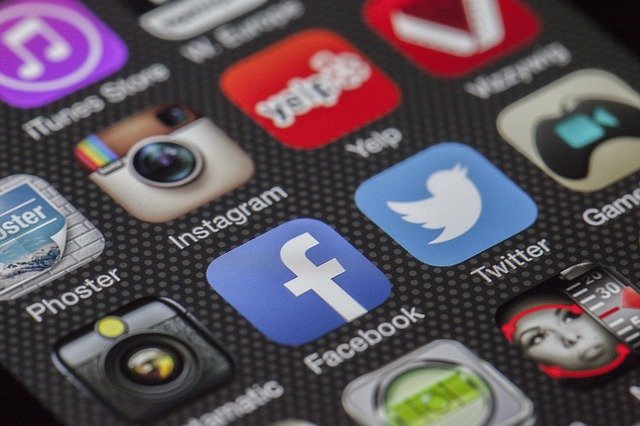Does Twitter ‘happiness’ reflect our own?
Social media is a defining part of our lives. For students, a day often begins, develops, and ends with checking one’s phone. The specific social media preference varies: some favour Twitter while others prefer Instagram. However, whilst the medium differs, the time devoted to the platforms is similar. Generation Z is the first social media generation, having spent their life growing up online.
Paradoxically, social media is often the very opposite to social. Even when friends gather together – while observing social distancing rules of course – time will often be spent looking at the respective technological device rather than communicating with one another. A defence is often used is that social media can at least bring some joy and pleasure to individuals in an uncertain world.
However, the opposite is proving to be the case. According to the Nature website, Chris Danforth and Peter Dodds, from the University of Vermont have called the time period in late May and early June the ‘saddest two weeks’ on twitter since they began tracking public sentiment in 2008. The duo determines user happiness by using a ‘hedonometer’, which looks at a random 10% of tweets per day. The tool then determines how positive or negative the tweets are by rating the words on a nine-point scale.
Their research revealed that, while dips in positivity have been witnessed after terrorist attacks and the death of famous people, they have usually rebounded after a few days. Twitter, which of course is not representative of the wider public, usually returns to a form of normality in the matters that it discusses. However, 2020 has transformed this. Both the coronavirus pandemic spreading across the world from March, and the killing of George Floyd in May, severely increased the level of negative messaging on twitter
Academics have been slightly critical of this measure representing twitter’s saddest week. Munmun De Choudhury from the Georgia Institute of Technology stated the changing demographics of twitter over the years makes it tricky to define whether it’s the saddest week since 2008. For example, twitter has gained far more attention from politicians in recent years, making political debates (and therefore arguments) far more likely compared to its earlier, gentler years as a social media platform.
Similarly, emotions on twitter are not necessarily reflective of the general public. Desmond Patton from Columbia University told Nature that, while twitter may contain sadness, thousands of people are now “moving towards equality and social justice”. By becoming aware of injustices, whether related to disparities in who is likely to catch coronavirus or racial inequalities, individuals may idealise towards improving the future from such horrific events.
Unhappiness from social media is not unique to twitter. The New Yorker reported that, the more people use Facebook, the unhappier they felt. Throughout a study by the University of Michagan, frequent Facebook users found their dissatisfaction increase form the beginning of the study. While research found lonely people weren’t inherently more likely to use social media, Facebook, and the internet generally, was seen to increase alienation and make individuals jealous of the lives others lead. Instead of providing a means to celebrate achievement, the experiences of others created resentment and decreased life satisfaction.
It is clear then, that both online and offline, social media can be damaging for mental health. Thankfully, there is plenty of tips available online for improving one’s relationship with social media, including using a phone at certain times and trying to take up new hobbies. Most importantly, whatever the emotions of social media, it is vital to remember the apps are filters. They are not representative of the individual’s experience; everyone is selective about what they place online. Emotions then are fairly superficial online. Social media, looking at a screen, is also only a tiny filter for what real life has to offer. The hardest part is embracing that opportunity. Twitter’s “saddest day” is not your saddest day.

Comments